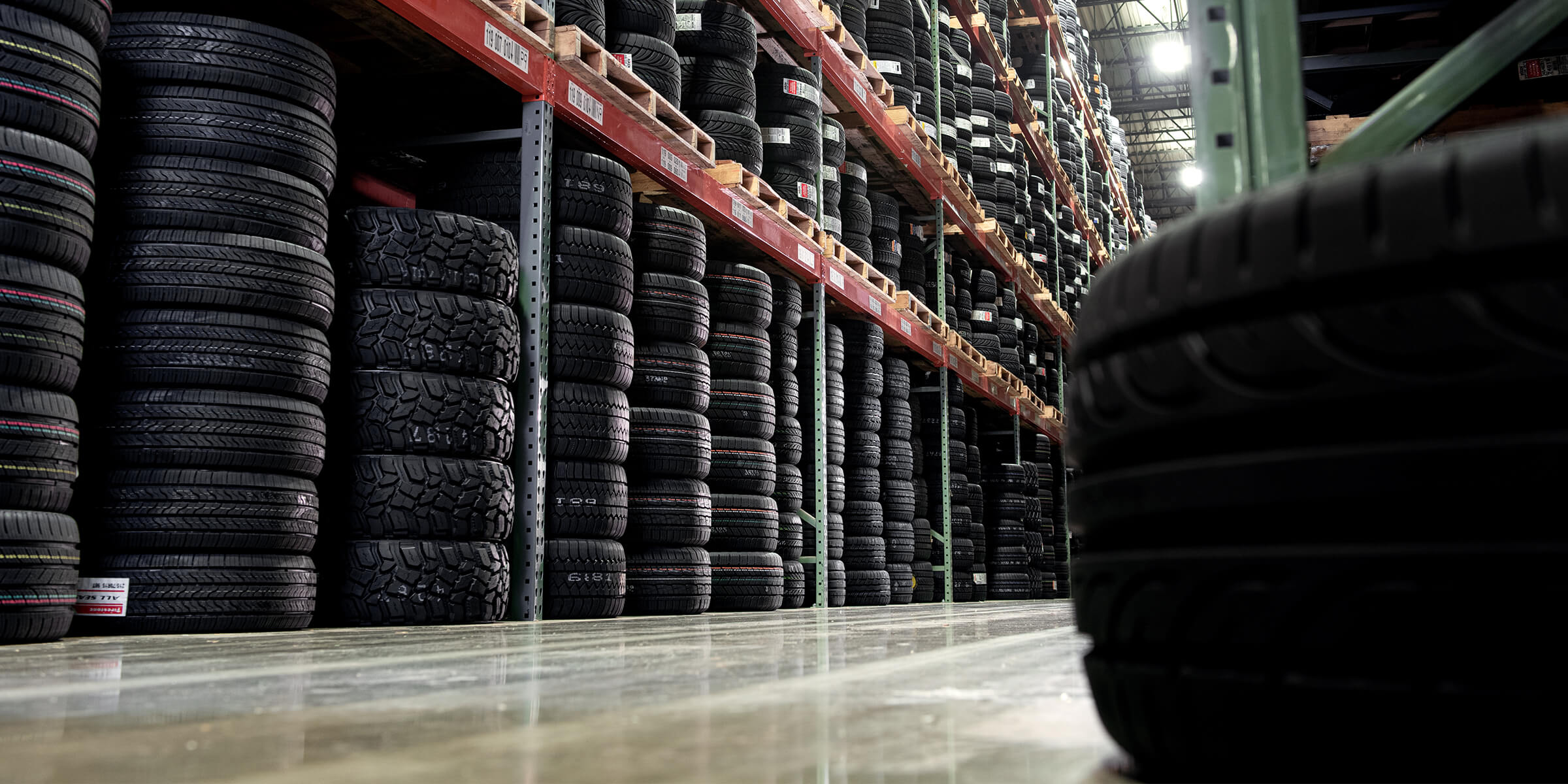The Environmental Advantages of Appropriate Tire Upkeep
Maintaining correct tire treatment is frequently overlooked, yet its influence on the atmosphere is profound. From lowering fuel consumption to lowering exhausts outcome, the advantages are significant. Proper tire upkeep not just extends the life expectancy of tires however additionally reduces landfill waste and adds to enhanced air high quality. The interconnectedness of these benefits highlights the crucial function that easy maintenance techniques can play in promoting environmental sustainability.
Reduced Fuel Usage
Improving tire upkeep techniques can bring about a considerable decrease in gas consumption for vehicles. morris tire. Effectively inflated tires make sure optimum contact with the roadway surface area, decreasing moving resistance and improving fuel effectiveness. According to the United State Department of Power, underinflated tires can decrease gas mileage by 0.2% for every 1 psi decrease in pressure in all 4 tires. This might look like a small percentage, however when increased by the variety of lorries on the road, the cumulative effect is considerable.
Along with tire pressure, normal tire rotations and positionings also play an important duty in gas performance. Erratically worn tires can boost fuel consumption as the engine works harder to maintain rate and traction. By preserving proper positioning and turning tires at recommended periods, motorists can make sure even lengthen the life and use of their tires, eventually saving fuel and minimizing their carbon footprint.
Extended Tire Lifespan
Expanding the life-span of tires is a vital facet of reliable automobile maintenance practices that can yield cost financial savings and ecological benefits in the lengthy run. By effectively preserving tires, chauffeurs can considerably lengthen their use, decreasing the frequency at which brand-new tires need to be manufactured and old ones gotten rid of. This not only saves beneficial sources but additionally reduces the power and emissions related to tire manufacturing and disposal processes.
Consistently checking tire stress, rotating tires, and making certain proper placement are crucial action in expanding tire life expectancy. Sufficient step depth is essential for ideal traction and safety and security, however it additionally plays a duty in how long tires can be made use of prior to needing replacement. Additionally, staying clear of aggressive driving habits that accelerate tire wear, such as rough stopping and sharp turns, can even more boost tire durability.
Ultimately, increasing the durability of tires via proactive maintenance not just benefits the environment by minimizing waste and conserving sources but also causes set you back savings for automobile proprietors by postponing the need for new tire acquisitions.
Lower Emissions Outcome
Reliable tire maintenance practices add to a decrease in exhausts output, lining up with environmental sustainability goals in the vehicle sector. By preserving optimal tire pressure degrees, vehicle drivers can help minimize these adverse ecological influences.
Additionally, well-kept tires likewise enhance grip and lower rolling resistance, better improving gas performance. This, subsequently, minimizes the amount of exhaust gases launched into the atmosphere. In addition, making certain tires are appropriately blown up and lined up can extend the life-span of the tires, lowering the frequency of tire substitutes and the connected environmental expenses of tire production and disposal.
Lowered Landfill Waste
Offered the favorable impact of appropriate tire maintenance on minimizing emissions result, another significant environmental advantage is the potential for reduced garbage dump waste. By ensuring that tires are properly inflated, lined up, balanced, and turned routinely, their life expectancy can be substantially navigate to this site prolonged.

Improved Air Quality
Enhancing air top quality via appropriate tire upkeep methods is an essential aspect of lasting ecological stewardship. When tires are underinflated, they develop more rolling resistance, bring about enhanced gas intake and greater exhausts of dangerous toxins such as carbon monoxide and nitrogen oxides. Effectively inflated tires not just improve gas effectiveness but additionally lower the amount of toxins released into the air.
Furthermore, well-kept tires with proper step deepness and alignment contribute to more secure motoring conditions, lowering the likelihood of accidents that can lead to the release of added toxins into the ambience. By prolonging the life-span of tires through normal upkeep and rotation, fewer tires are disposed of too soon, decreasing the ecological effect of tire disposal and manufacturing processes.
Conclusion
In final thought, correct tire upkeep uses numerous environmental benefits. It is essential for people to prioritize tire maintenance as a simple yet efficient means to secure the setting for future generations.
Proper tire maintenance not just extends the lifespan of tires however likewise reduces land fill waste and adds to enhanced air high quality - tire shop near me. By preserving correct positioning and revolving tires at suggested intervals, drivers can make sure also wear and prolong the life of their tires, eventually saving gas and minimizing their carbon footprint
By appropriately keeping tires, vehicle drivers can significantly extend their usability, reducing the frequency at which new tires require to be manufactured and old ones disposed of.On a regular basis checking tire pressure, revolving tires, and making get redirected here sure proper positioning are necessary steps in prolonging tire lifespan. In addition, ensuring tires are properly pumped up and aligned can prolong the life-span of the tires, reducing the regularity of tire replacements and the connected environmental prices of tire production and disposal.